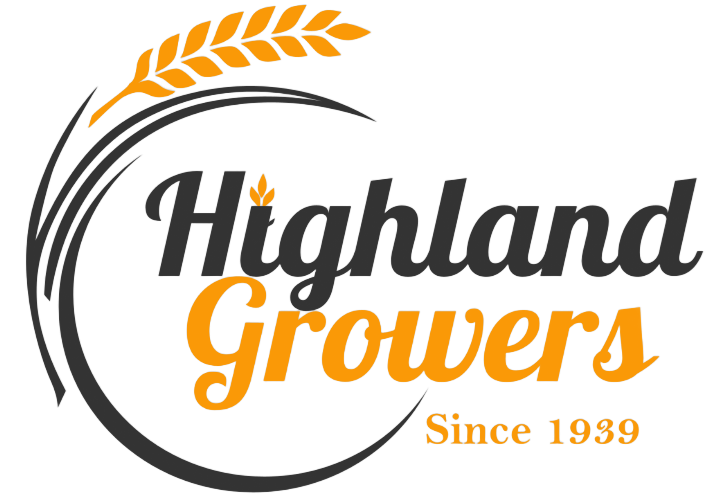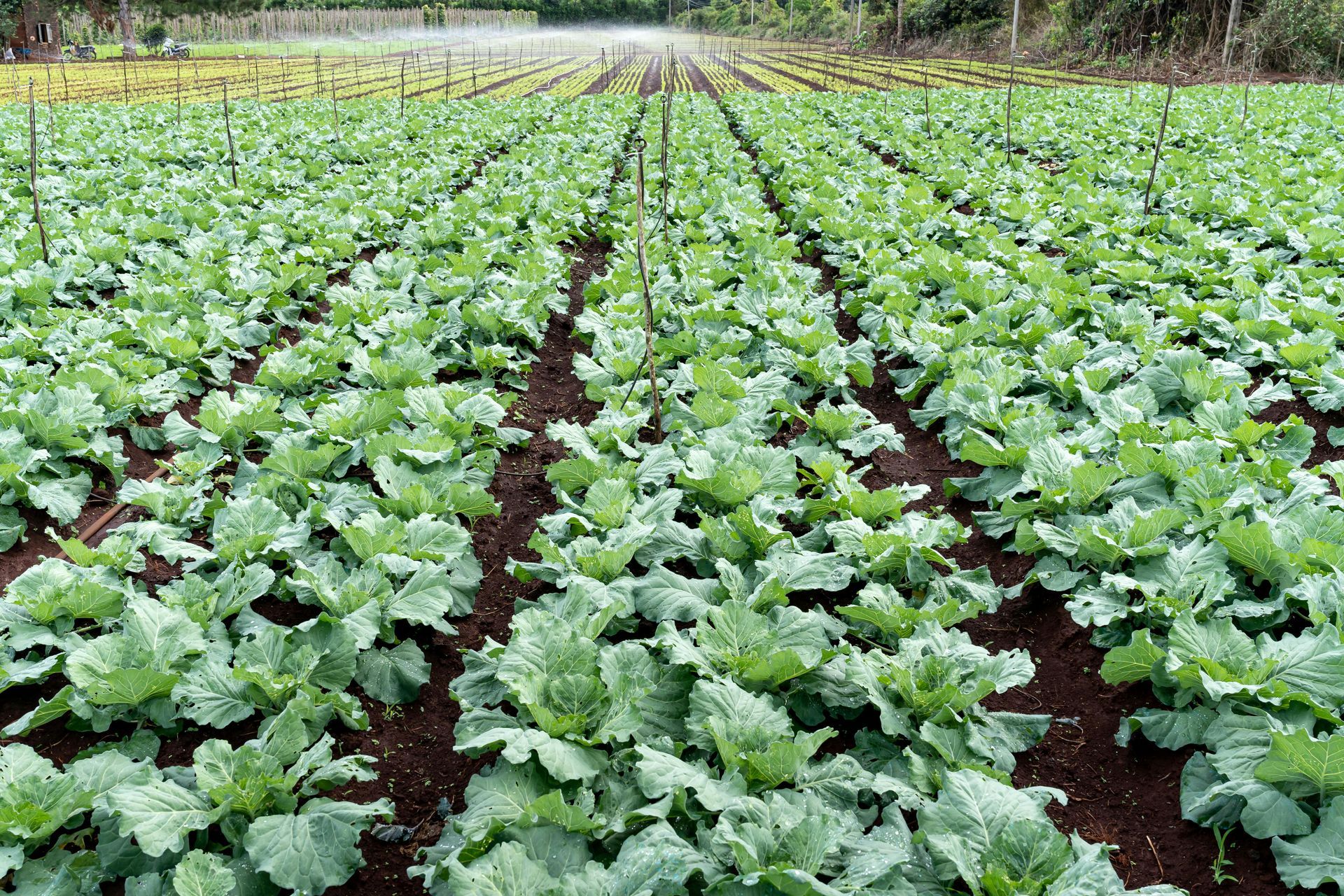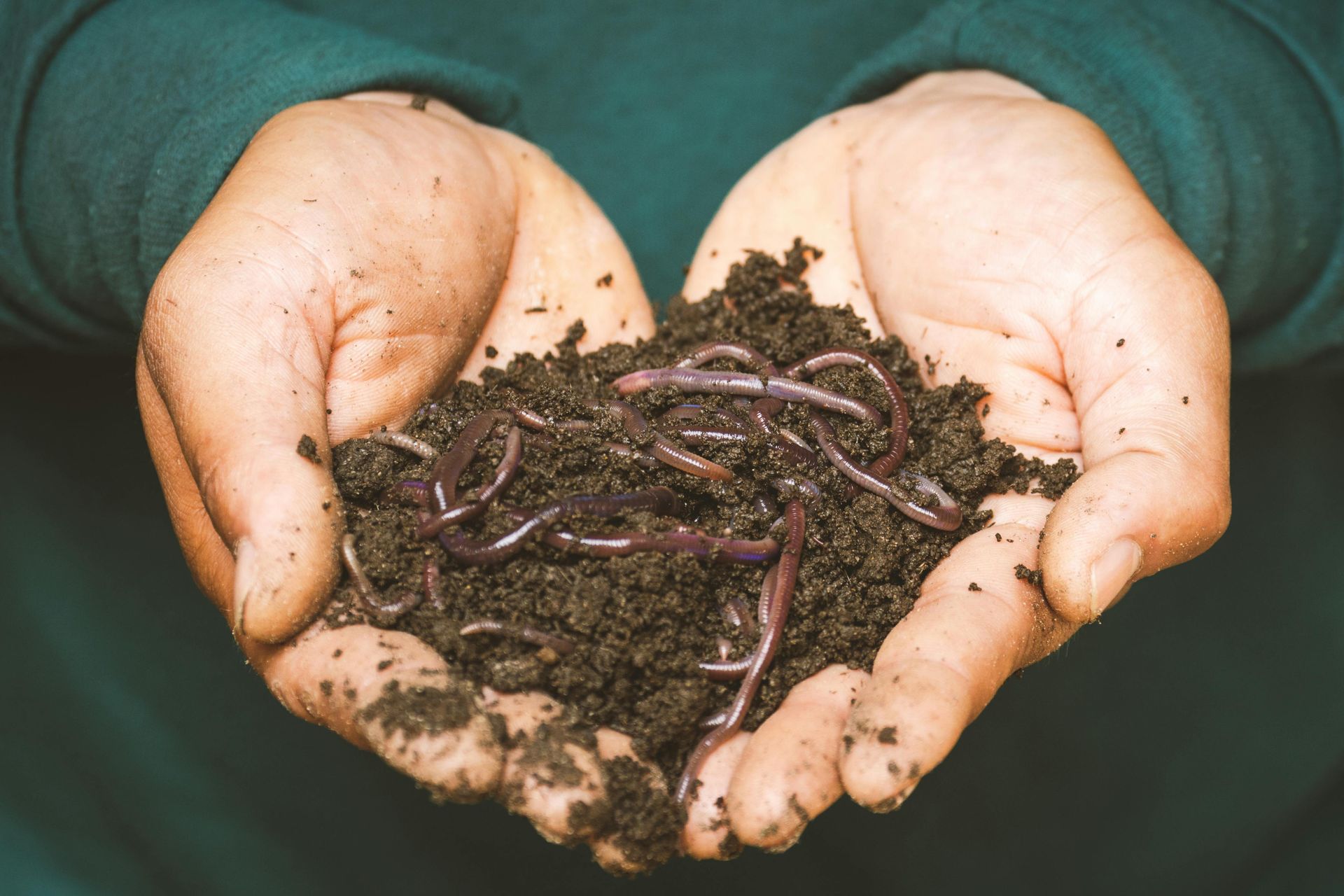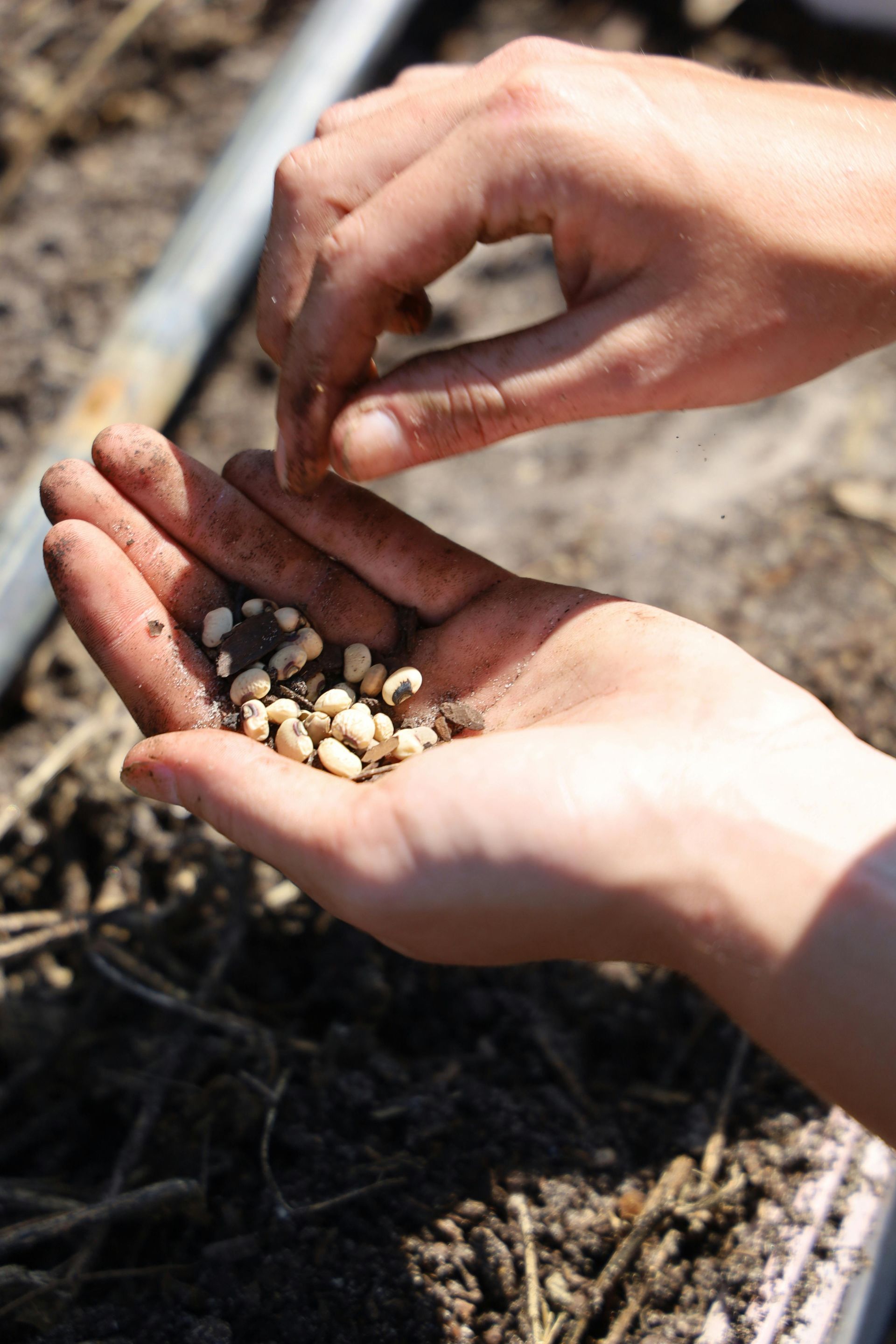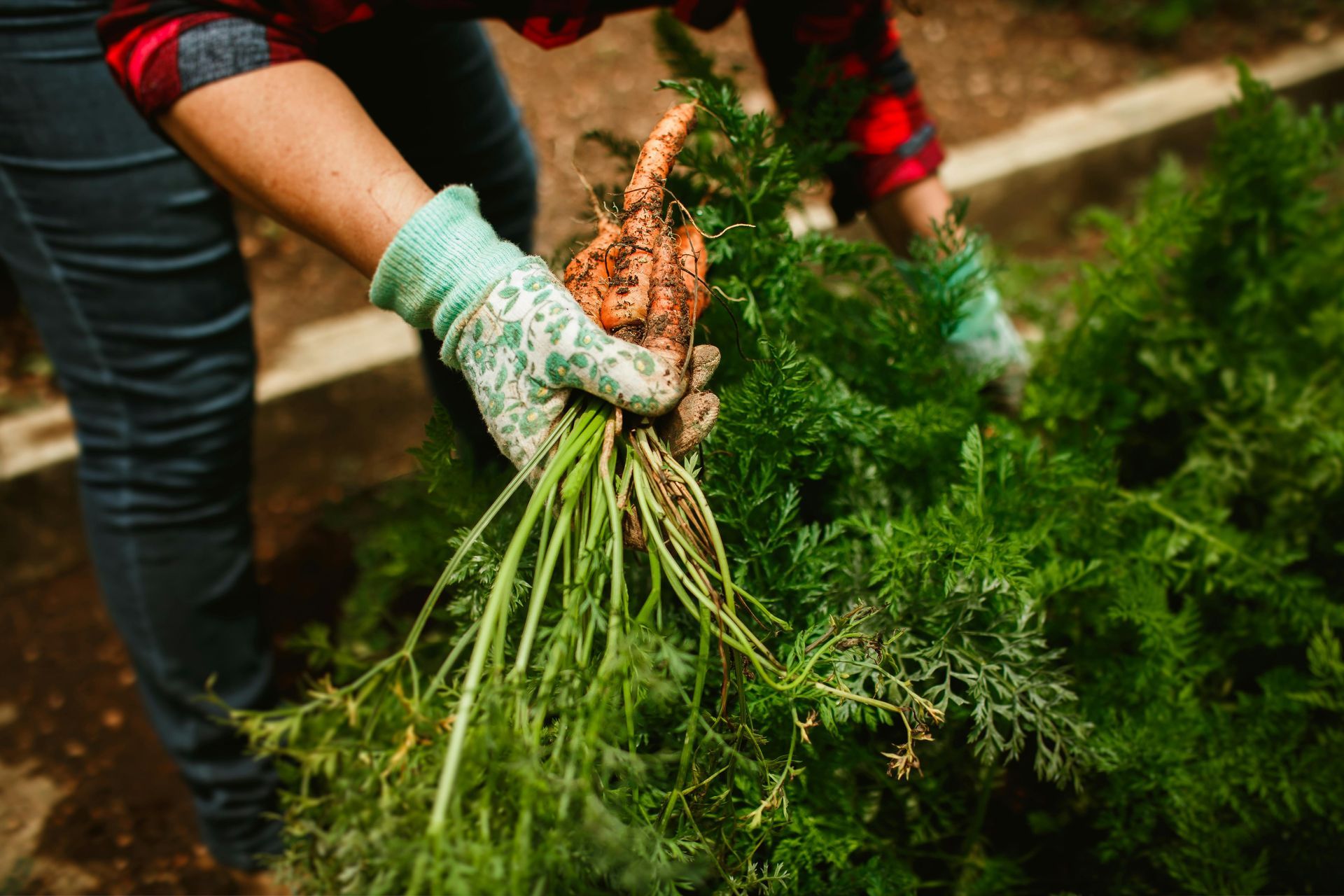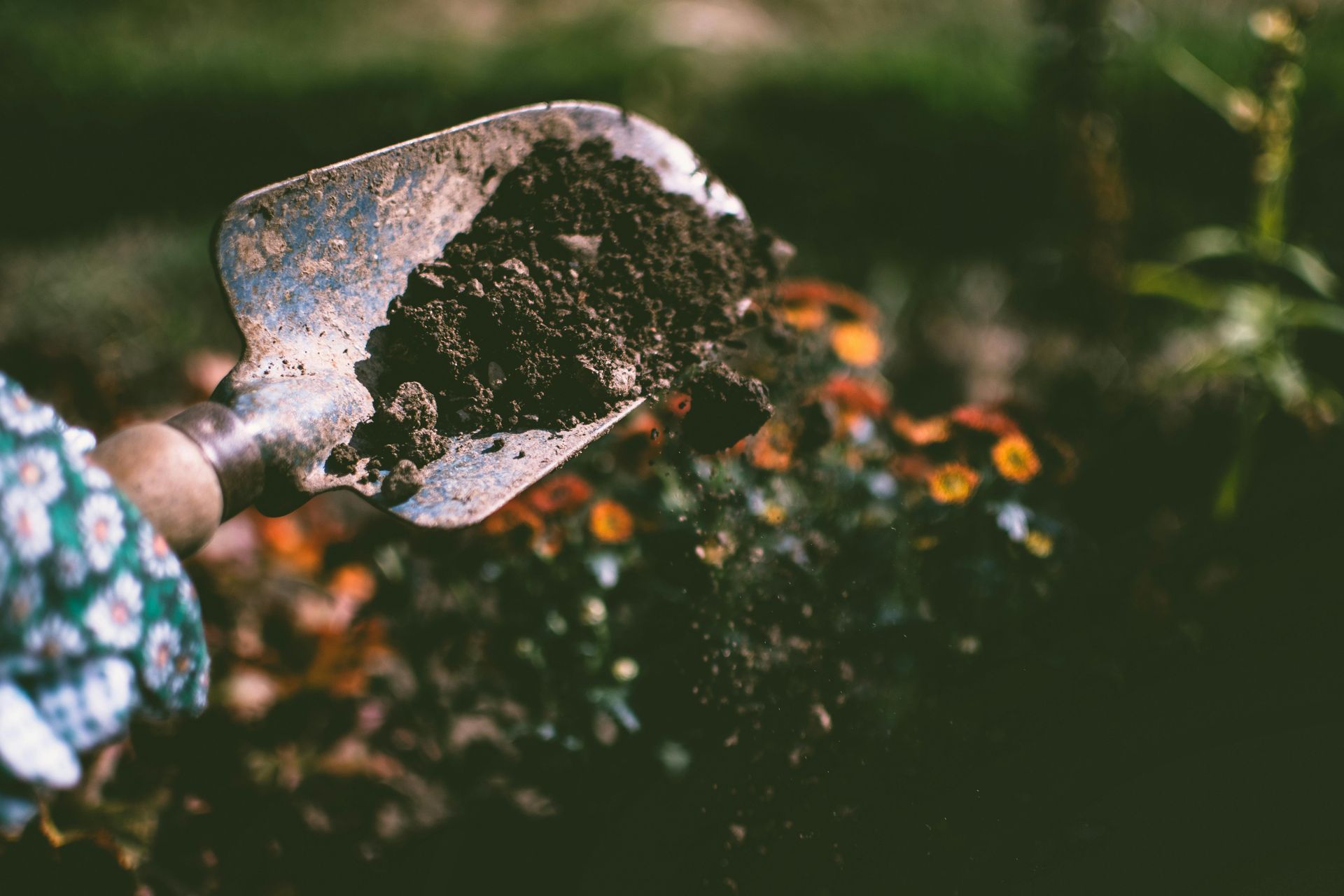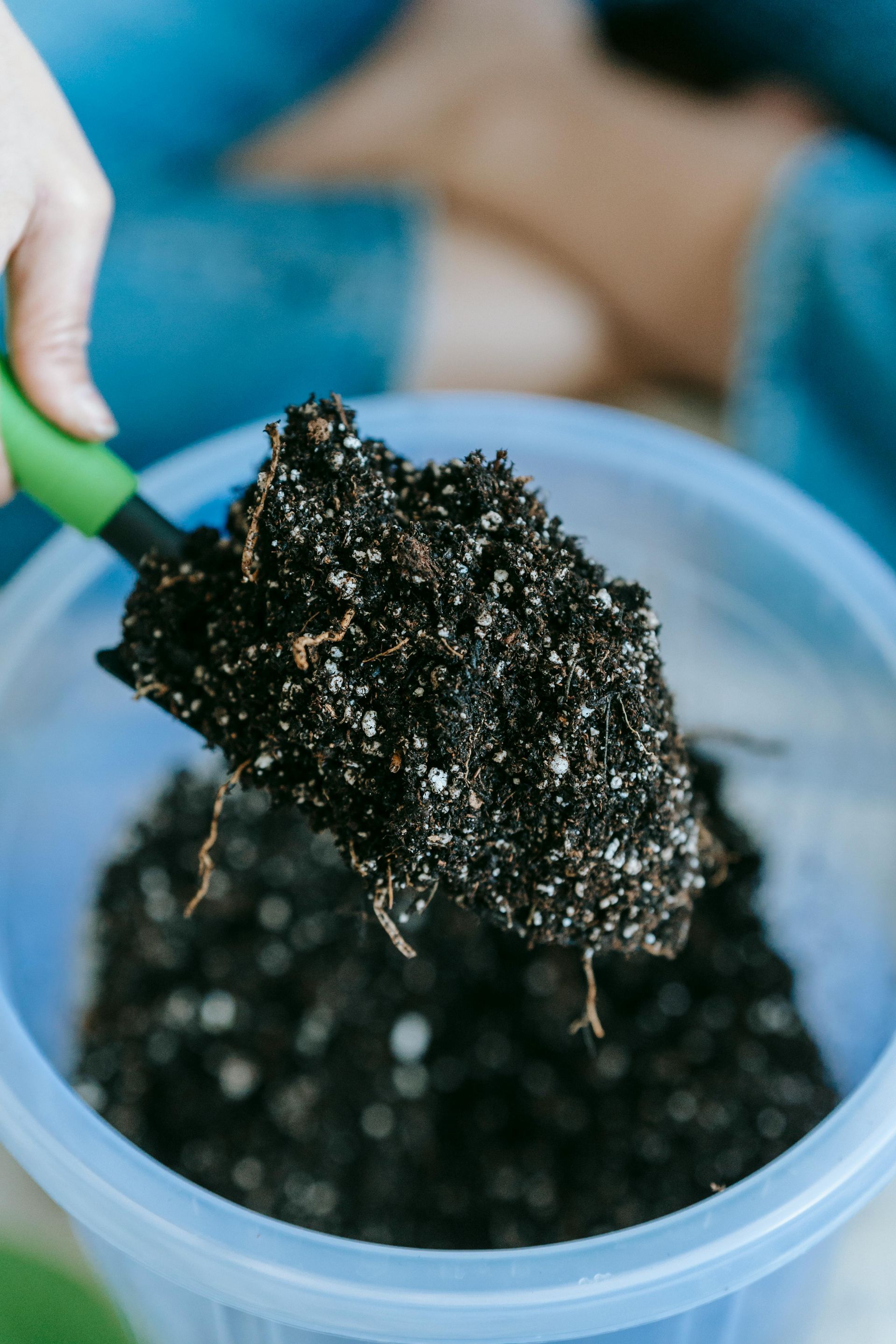Why Soil Testing Is a Must for Better Yields in Beauregard Parish
Why Soil Testing Is a Must for Better Yields in Beauregard Parish
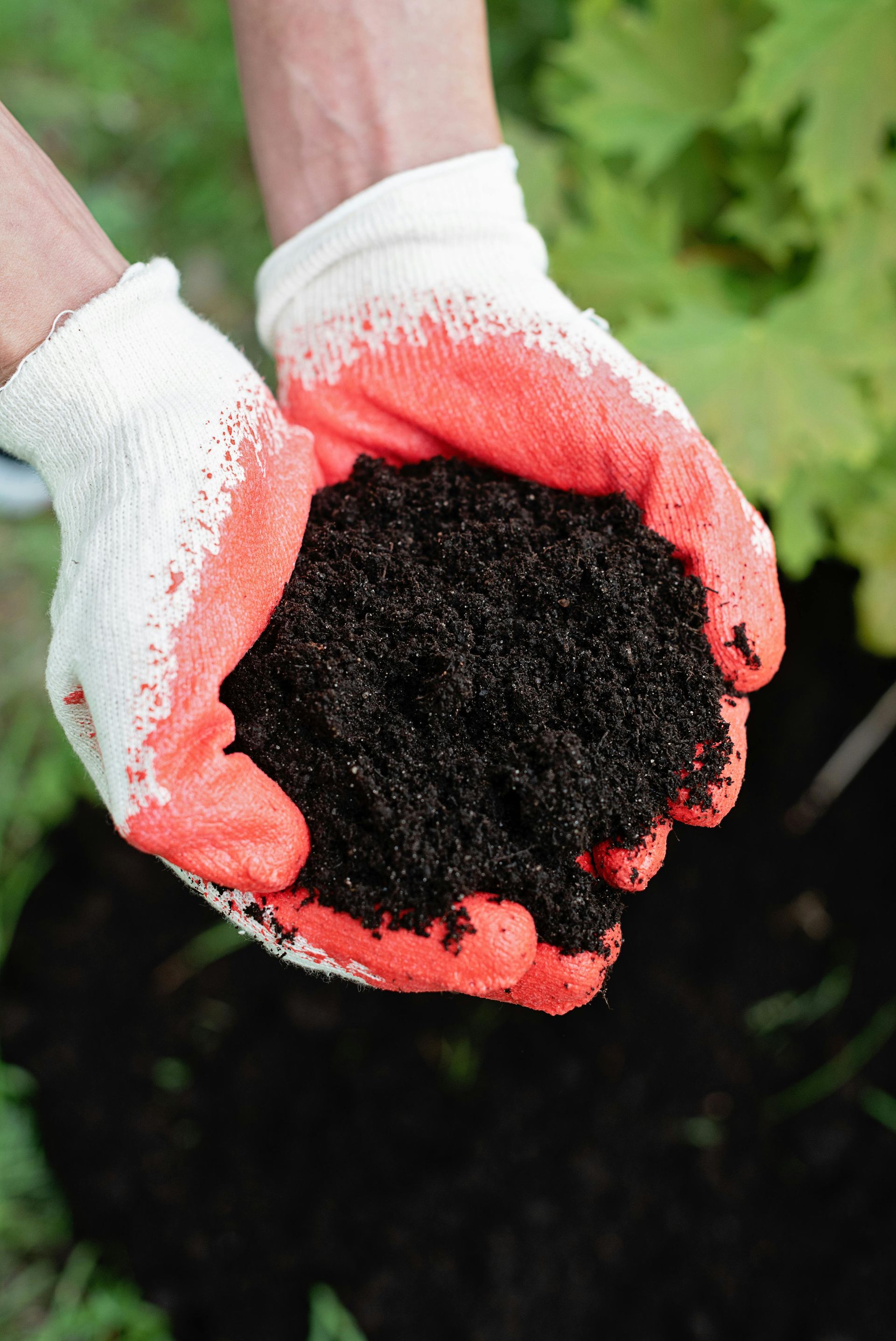
Whether you're growing corn, managing hayfields, or planting wildlife food plots, one thing remains true: healthy soil equals higher yields. Yet many landowners in Beauregard Parish are still guessing what their soil needs—wasting money, time, and productivity in the process.
At Highland Growers LLC in DeRidder, LA, we believe every fertilizer plan should start with a soil test. It’s the most important—and most overlooked—step in achieving better yields. With Louisiana’s diverse soil types and unpredictable weather patterns, skipping this step can lead to underperforming crops and wasted resources.
In this article, we’ll explain why soil testing matters, what it reveals, and how you can use those results to build a more profitable, efficient farm or property management plan.
What Is Soil Testing?
Soil testing is the scientific process of analyzing a soil sample to determine its:
- pH level (acidity or alkalinity)
- Nutrient content (N, P, K, and micronutrients)
- Organic matter percentage
- Soil texture and structure
- Cation exchange capacity (CEC), which measures nutrient-holding ability
The results help farmers, gardeners, and landowners make smarter decisions about:
- What kind of
fertilizer to use
- How much
lime is needed to correct pH
- Whether a
custom blend is necessary
- Which crops or forage types are best suited to that field
[Schedule a Soil Test – https://highlandgrowers.com/services/soil-testing]
Why Soil Testing Matters in Beauregard Parish
Farming and land management in Beauregard Parish comes with its own set of challenges:
- Acidic soils are common across central and western Louisiana
- Sandy loam soils drain quickly, often leaching away nutrients
- Heavy clay patches can hold water and restrict root growth
- Frequent rain events increase nutrient runoff
Without knowing your soil’s starting point, you could be applying the wrong fertilizer, misusing lime, or wasting money on nutrients your soil already has in abundance.
Soil testing allows you to correct deficiencies before they hurt your yields—and avoid over-applying nutrients that could harm the environment or violate agricultural regulations.
What a Soil Test Tells You (And Why It’s Useful)
At Highland Growers, we provide professional soil testing and walk you through your results. Here’s what those results can show you:
1. pH Level
- Ideal pH for most crops:
6.0–7.0
- Acidic soil reduces nutrient availability, even if fertilizer is applied
- Lime application is recommended when pH drops below 6.0
2. Macronutrients (N, P, K)
- Nitrogen (N): Vital for leafy growth and protein production
- Phosphorus (P): Supports root development and flowering
- Potassium (K): Aids in water regulation and disease resistance
Many Louisiana soils are
phosphorus-deficient, especially in sandy or over-farmed areas.
3. Micronutrients
- Elements like
zinc, manganese, iron, and boron often go overlooked
- Micronutrient deficiencies can cause stunted growth and poor yields
4. Organic Matter & Soil Structure
- Higher organic matter means better water retention and aeration
- Important for long-term soil health and reduced erosion
5. CEC (Cation Exchange Capacity)
- Indicates how well your soil holds nutrients
Sandy soils have lower CEC, meaning you may need more frequent fertilizer applications
When and How Often Should You Test Your Soil?
Recommended Timing in Louisiana:
- Spring: Ideal for planning warm-season crops, hayfields, and food plots
- Fall: Perfect for prepping land for winter food plots or cool-season forage
How Often:
- Every 2–3 years for established fields
- Annually for high-value crops or fields undergoing transition
You should also test whenever:
- You’re converting pasture into row crops or vice versa
- Yields begin to decline for unknown reasons
You’re applying fertilizer but not seeing expected results
How Soil Testing Saves You Money
Many farmers assume soil testing adds to their costs, but the opposite is true. Here’s how it saves you money long term:
Avoids Overapplication of Fertilizer
You may already have enough phosphorus or potassium in your soil. Without a test, you're spending on nutrients you don’t need.
Targets Nutrient Deficiencies
Instead of using a generic 13-13-13 blend, a soil test allows you to tailor your fertilizer to
exactly what your crops need, improving efficiency and yield.
Reduces Lime Waste
Lime is often overapplied in acidic regions like Beauregard Parish. Testing ensures you apply
only what’s needed, saving both time and money.
Increases Crop Yields
Balanced soils grow healthier, more productive plants. Higher yields = higher returns.
What Happens After the Test?
At Highland Growers, we don’t just give you lab results—we help you interpret them and act on them.
Here’s what you can expect:
- Sample Collection: You can bring in your soil samples, or we can help you collect them properly.
- Lab Analysis: We partner with certified labs for fast, accurate results.
- Customized Recommendations: We’ll create a
nutrient recommendation report showing:
- Required lime application (lbs/acre)
- Recommended fertilizer type and rate
- Micronutrient supplementation (if needed)
4.
Custom Fertilizer Blending: We can blend fertilizer on-site to match your field’s exact needs.
[Learn about our Custom Fertilizer Services –
https://www.highlandgrowers.com/custom-blend-fertilizer]
Real-World Example: Soil Test Success in DeRidder
In early 2025, a forage grower near DeRidder approached Highland Growers with declining hay yields. Despite applying commercial 10-20-10 fertilizer every spring, his production had dropped 18% over two seasons.
After conducting a soil test, we discovered:
- His soil pH was 5.4—too acidic for proper nutrient uptake
- Potassium levels were severely low
- Organic matter was below optimal range
We applied lime to correct the pH and custom-blended a fertilizer with higher potassium content. Within one growing season, his hay yield rebounded to previous highs, and weed pressure decreased dramatically.
This is the kind of turnaround soil testing can enable.
Frequently Asked Questions (FAQs)
How do I collect a soil sample?
Use a clean soil probe or shovel to take 10–15 cores across your field, 6–8 inches deep. Mix them in a clean bucket and bring a pint of the mixture to Highland Growers.
Can I test multiple fields separately?
Yes. Keep samples from each field or zone separate. Label them clearly when submitting.
How much does soil testing cost?
Costs vary based on the depth of analysis, but Highland Growers offers affordable testing packages for all farm sizes.
Do you help interpret the results?
Absolutely. We’ll walk you through every part of your test report and recommend next steps.
Take the First Step Toward Better Yields
If you’re farming or managing land in
Beauregard Parish, soil testing isn’t optional—it’s essential. It’s the single best way to improve fertilizer efficiency, boost yields, and protect your long-term soil health.
At Highland Growers in DeRidder, we make it easy. Bring us your soil samples or let us assist with the collection process. Then let our team turn your test results into an actionable nutrient plan.
Call us (337) 463-5558 or visit https://highlandgrowers.com to schedule your soil test today. Serving DeRidder, LA and surrounding communities with reliable local expertise and real results.
